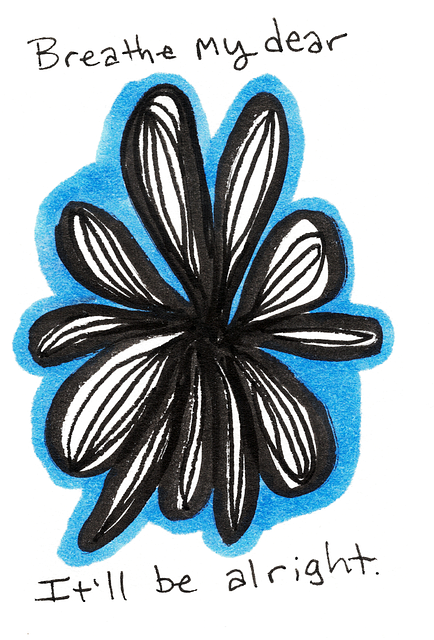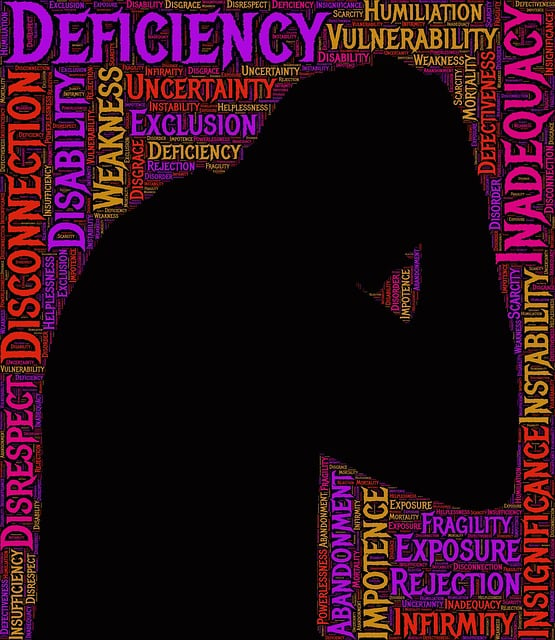Cultural sensitivity is crucial for effective mental healthcare, especially for conditions like functional neurological disorders (FNDs) in Arvada. It involves recognizing diverse cultural backgrounds and beliefs, shaping unique perspectives on health. Integrating cultural sensitivity helps therapists create safe spaces, address stigma, and improve patient outcomes, encouraging help-seeking behaviors. The Arvada Functional Neurological Disorder Therapy model emphasizes culturally competent care by actively listening to patients' stories, validating experiences, and incorporating relevant healing modalities. This approach, combined with mindfulness, self-care, and interprofessional collaboration, revolutionizes therapy for diverse communities while preventing burnout among healthcare professionals.
In a diverse society, cultural sensitivity is paramount in mental healthcare. The article explores the nuances of providing effective treatment for neurological disorders, such as those offered by Arvada Functional Neurological Disorder Therapy, while navigating cross-cultural contexts. We delve into the challenges and barriers that practitioners face, offering insights into best practices for culturally competent care. Understanding these dynamics ensures patient-centered approaches, fostering trust and improving outcomes in a complex healthcare landscape.
- Understanding Cultural Sensitivity in Mental Healthcare
- Challenges and Barriers in Cross-Cultural Therapy
- Best Practices for Culturally Competent Neurological Disorder Treatment
Understanding Cultural Sensitivity in Mental Healthcare

Understanding Cultural Sensitivity in Mental Healthcare involves recognizing and appreciating the diverse cultural backgrounds and beliefs of individuals seeking therapy. It is a crucial aspect of effective treatment, especially when addressing issues like functional neurological disorders (FNDs) in Arvada. Every patient carries unique cultural lenses that shape their experiences and perceptions of mental health. For instance, self-awareness exercises tailored to an individual’s culture can significantly enhance the therapeutic process. By integrating Cultural Sensitivity into practice, mental healthcare providers ensure they offer compassionate and competent care.
This approach involves understanding the impact of cultural factors on mental illness expression and perception. For example, stigma reduction efforts are vital in many communities where mental illness is stigmatized. A culturally sensitive therapist will adapt their practices to respect these cultural nuances, creating a safe space for patients to openly discuss their experiences. This personalized approach not only improves patient outcomes but also fosters trust between the therapist and client, making it more likely that individuals from diverse backgrounds will seek help when needed, including those with FNDs in Arvada.
Challenges and Barriers in Cross-Cultural Therapy

Navigating cross-cultural therapy can pose significant challenges and barriers for mental healthcare professionals, especially in diverse communities like Arvada. Understanding cultural nuances is paramount when treating clients from different ethnic, racial, or social backgrounds. Issues such as language differences, differing perceptions of health and illness, and unique family structures can impact the therapeutic process. For instance, some cultures may prioritize collective decision-making, while others emphasize individual autonomy, leading to miscommunication if not acknowledged.
The practice of Mind Over Matter principles, which encourages a holistic approach to healing, should be integrated with a robust risk assessment for mental health professionals. Emotional intelligence plays a pivotal role in overcoming these barriers by fostering empathy and understanding. By recognizing and respecting cultural differences, therapists can create a safe and inclusive environment, thereby improving client outcomes. This is particularly crucial when addressing functional neurological disorders, where cultural context might influence symptoms and treatment perception.
Best Practices for Culturally Competent Neurological Disorder Treatment

In the realm of mental healthcare, delivering culturally competent care is paramount, especially when addressing neurological disorders. For instance, Arvada Functional Neurological Disorder Therapy centers on understanding and respecting diverse cultural beliefs and practices. Best practices involve actively listening to patients’ stories, validating their experiences, and incorporating cultural healing modalities where relevant. Healthcare providers must be trained in compassion cultivation practices to foster a safe space for emotional healing processes.
By integrating these approaches, mental health professionals can prevent burnout, a common issue among healthcare providers. Strategies such as mindfulness, self-care, and interprofessional collaboration are vital tools in this journey. In light of the above, compassionate and culturally sensitive practices not only enhance patient outcomes but also ensure sustained well-being for caregiving professionals, ultimately revolutionizing neurological disorder therapy in diverse communities.
Mental healthcare professionals play a vital role in fostering cultural sensitivity, especially when treating neurological disorders. By understanding and addressing cross-cultural challenges, therapists in Arvada can provide more effective care tailored to diverse patient needs. Implementing best practices, such as adapting treatment methods to respect cultural beliefs and languages, strengthens the therapeutic bond and improves outcomes for all individuals seeking help for functional neurological disorder therapy.














